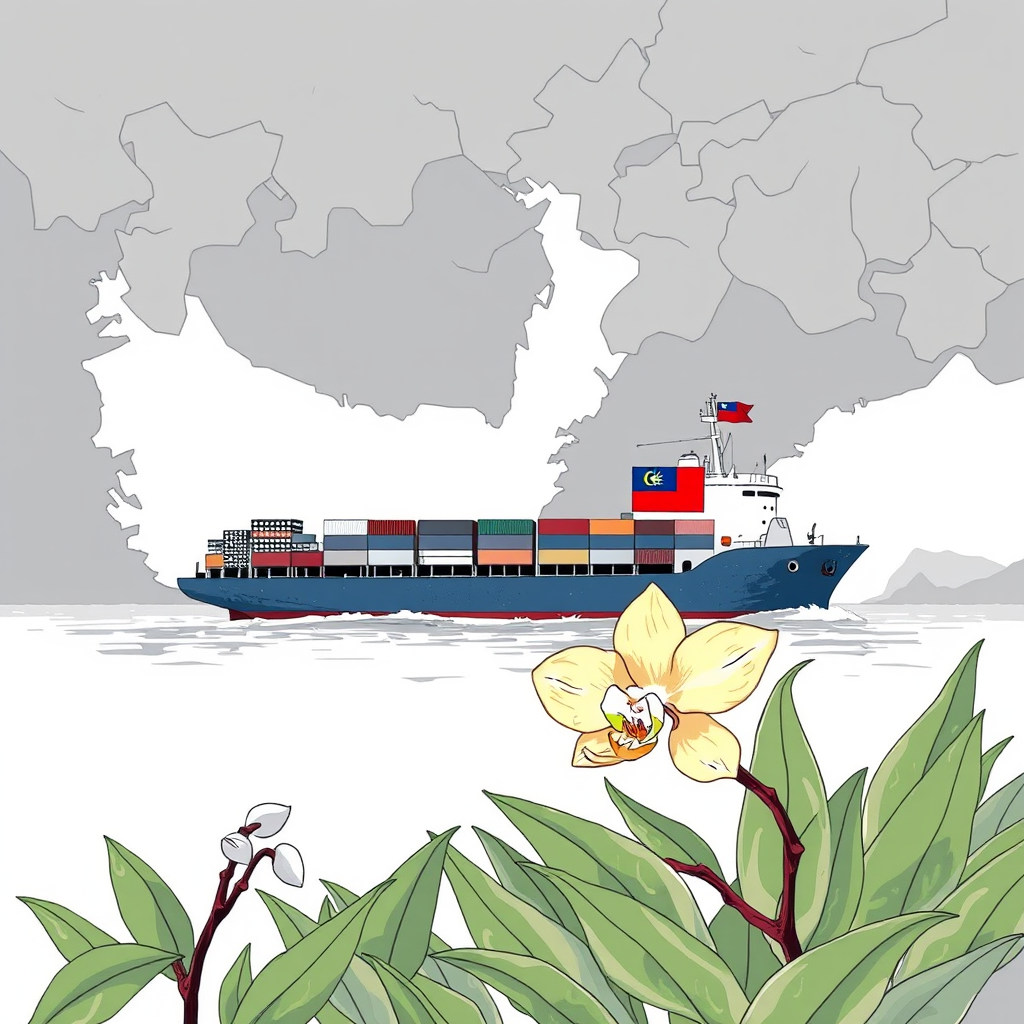Taiwan Responds to Trump Tariffs with $2.7B Aid

Taiwan has allocated $2.7 billion in aid to cushion its industries from the impact of newly imposed tariffs by the United States. The move comes despite Taipei’s efforts to preempt the levies through increased US investment pledges and commitments to purchase more American energy. However, a 32 percent tariff on a broad range of Taiwanese imports – excluding crucial semiconductor chips – has taken effect. The Taiwanese government has strongly condemned the tariffs as “unreasonable” and “extreme,” signaling its intention to pursue negotiations with Washington to mitigate their effects.
Premier Cho Jung-tai announced the NT$88 billion ($2.7 billion) assistance package, framing it as a response to both immediate industrial needs and broader societal challenges. Taiwan maintained a substantial $73.9 billion trade surplus with the United States in 2024, largely driven by demand for its information and communications technology (ICT) products, including semiconductors. The government argues this surplus isn’t a result of unfair trade practices, but rather reflects genuine US demand, further amplified by US tariffs and export controls previously imposed on China.
The aid will focus on financial support, streamlining administrative processes, enhancing competitiveness, providing tax incentives, and diversifying export markets. Sectors anticipated to be hardest hit include ICT, electronics, steel, metals, machinery, components, and building materials. Even agricultural products like tea, orchids, and fish are expected to suffer from a potential contraction in consumer demand or a loss of competitive edge.
Vice Premier Cheng Li-chun clarified that the government had prepared for a potential 25 percent tariff, but the 32 percent levy represents an “extreme scenario” that is neither reasonable nor fair. While semiconductor chips themselves are exempt, analysts warn that tariffs on essential components will inevitably disrupt the chip industry, a cornerstone of the global economy.
The situation is complicated by former President Trump’s accusations that Taiwan has unfairly benefited from the US chip industry and his threats to impose tariffs of up to 100 percent on semiconductor imports. Andrew Kam Jia Yi, an associate professor at the National University of Malaysia, suggests Taiwan will likely engage in intense lobbying efforts, anticipating a negotiation where Trump will demand concessions in exchange for tariff relief.
This situation highlights the precariousness of Taiwan’s economic relationship with the United States. While the aid package is a necessary short-term measure, Taiwan must prioritize diversifying its export markets and strengthening its domestic economy to reduce its reliance on the US market and navigate the unpredictable landscape of international trade under a potentially protectionist US administration. The exclusion of semiconductor chips is a temporary reprieve, but the tariffs on components pose a significant threat to the long-term health of Taiwan’s most vital industry.